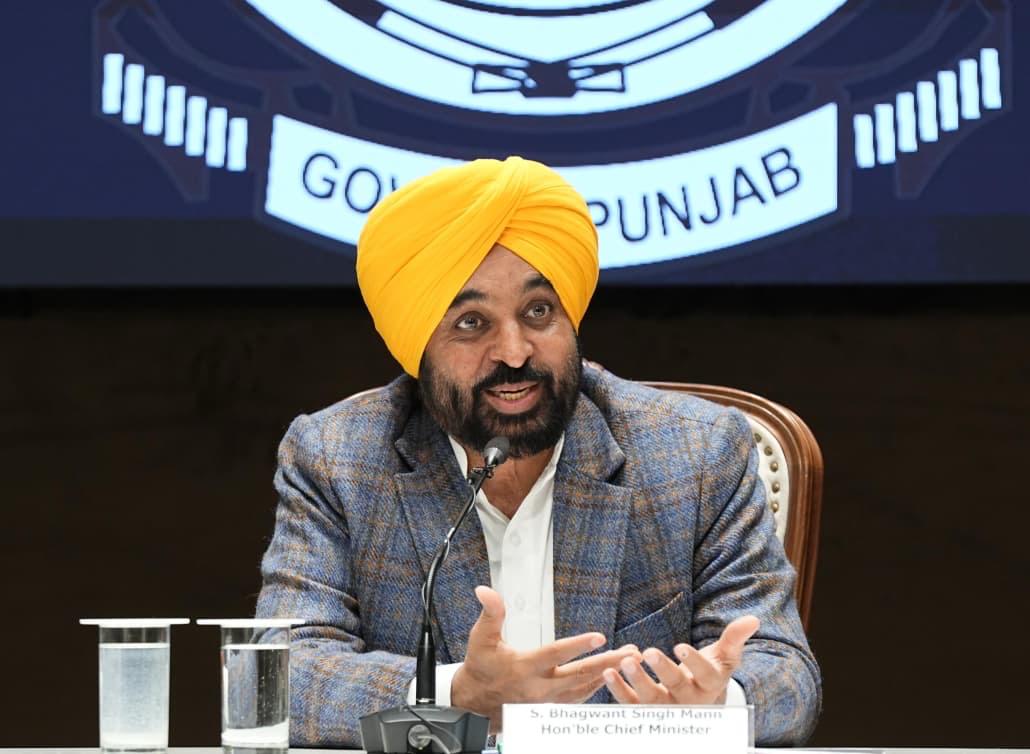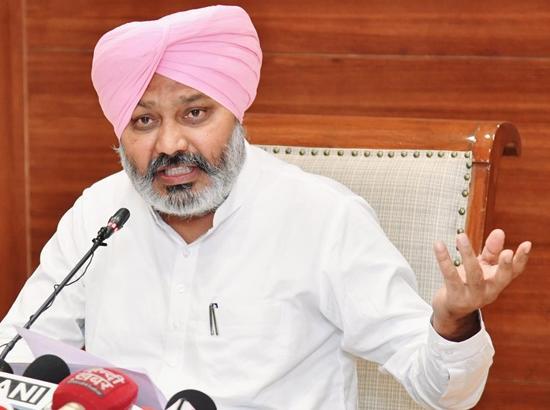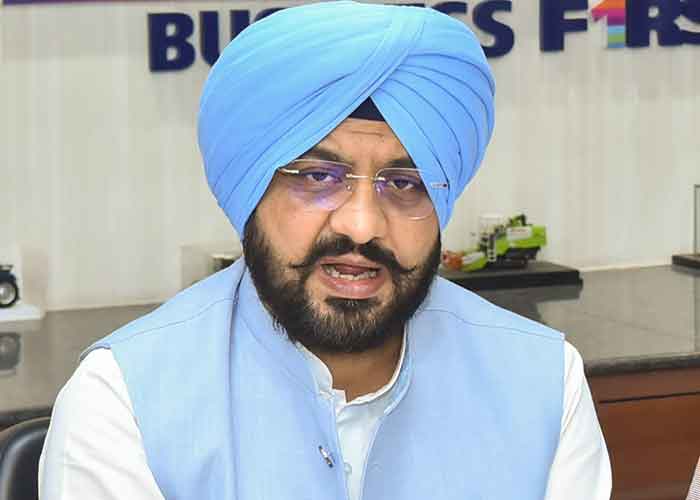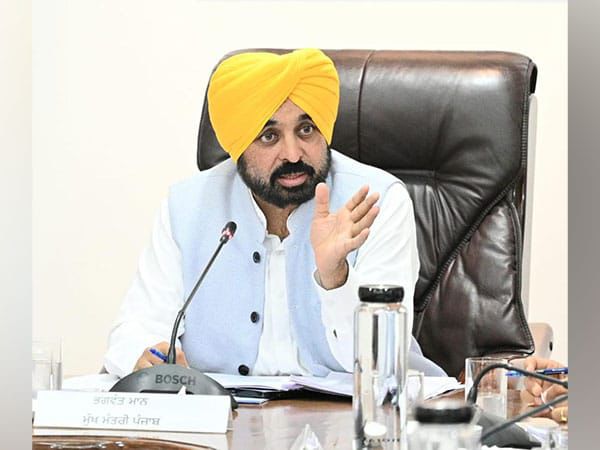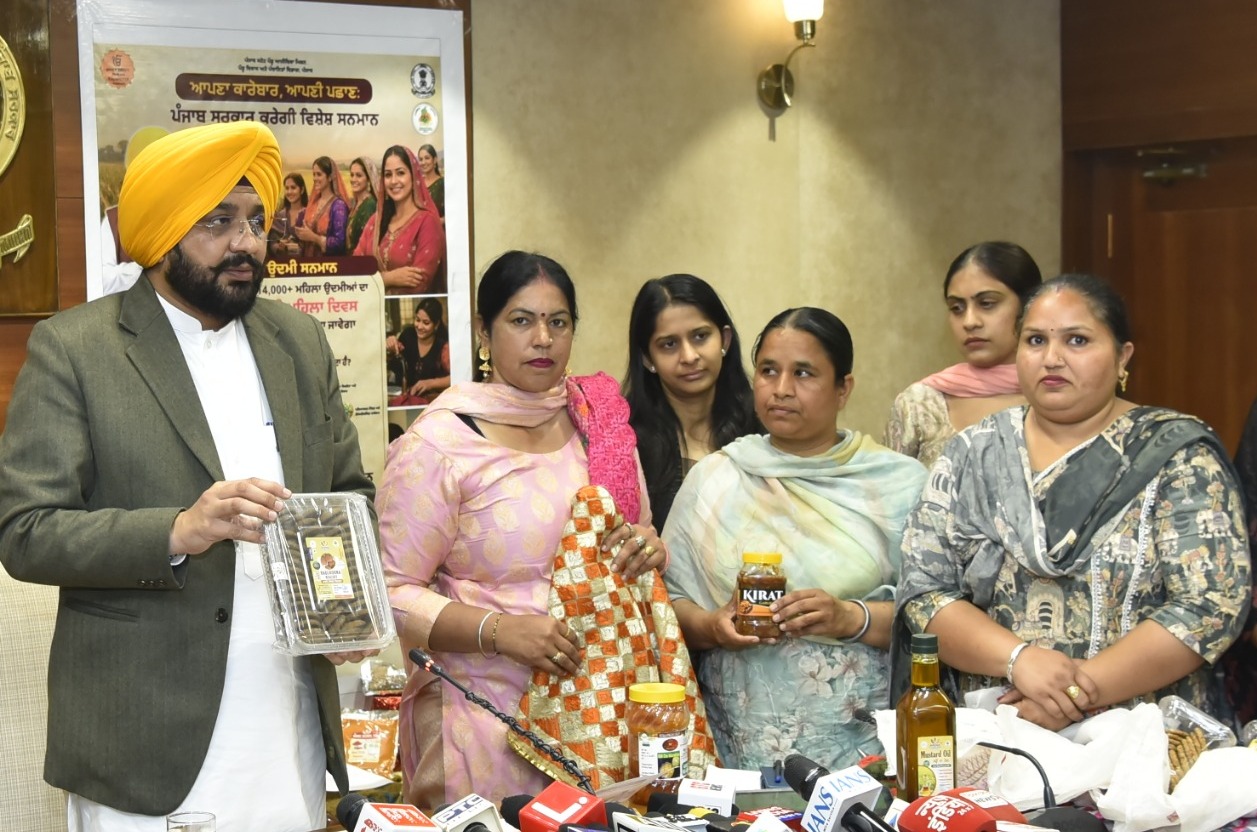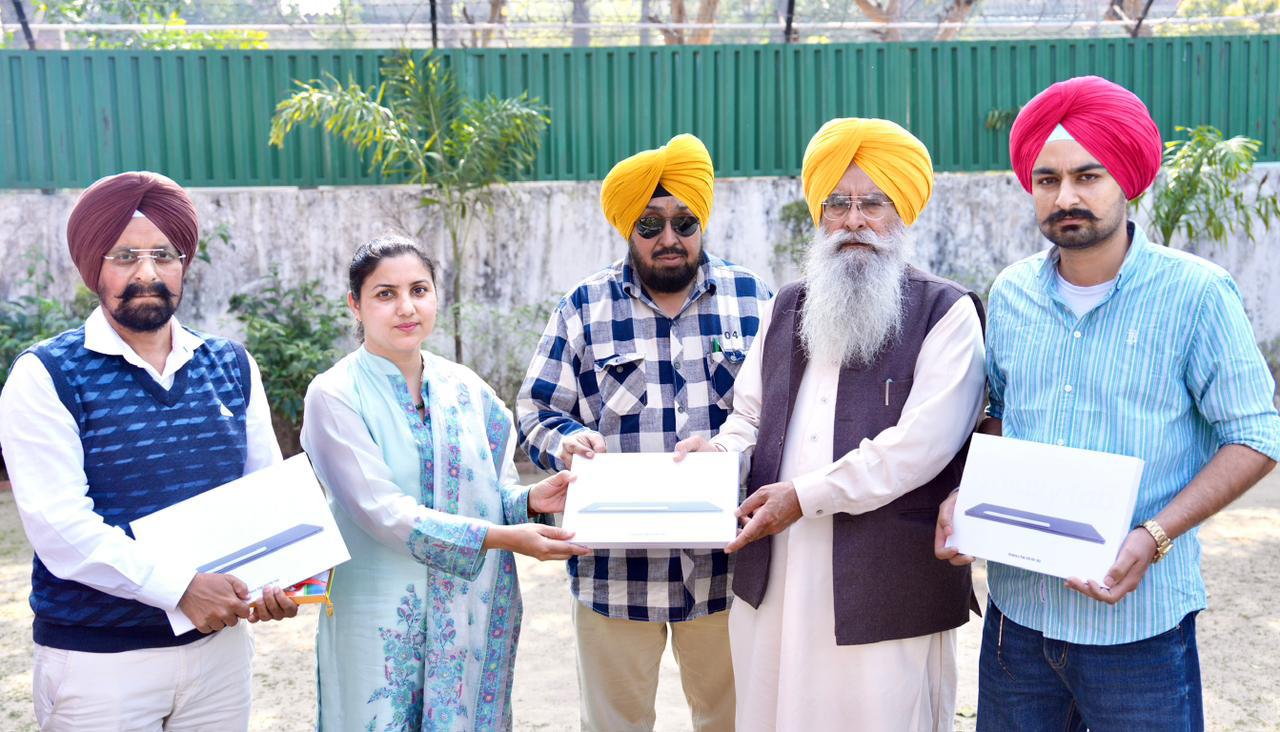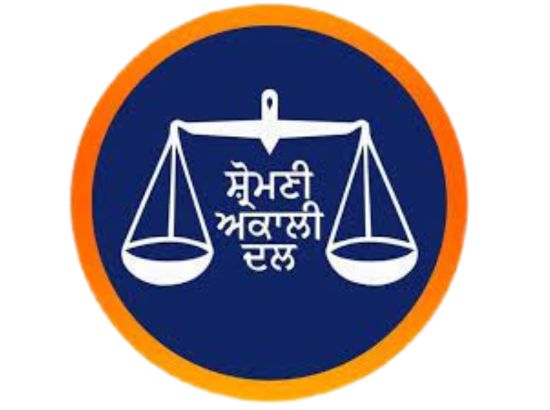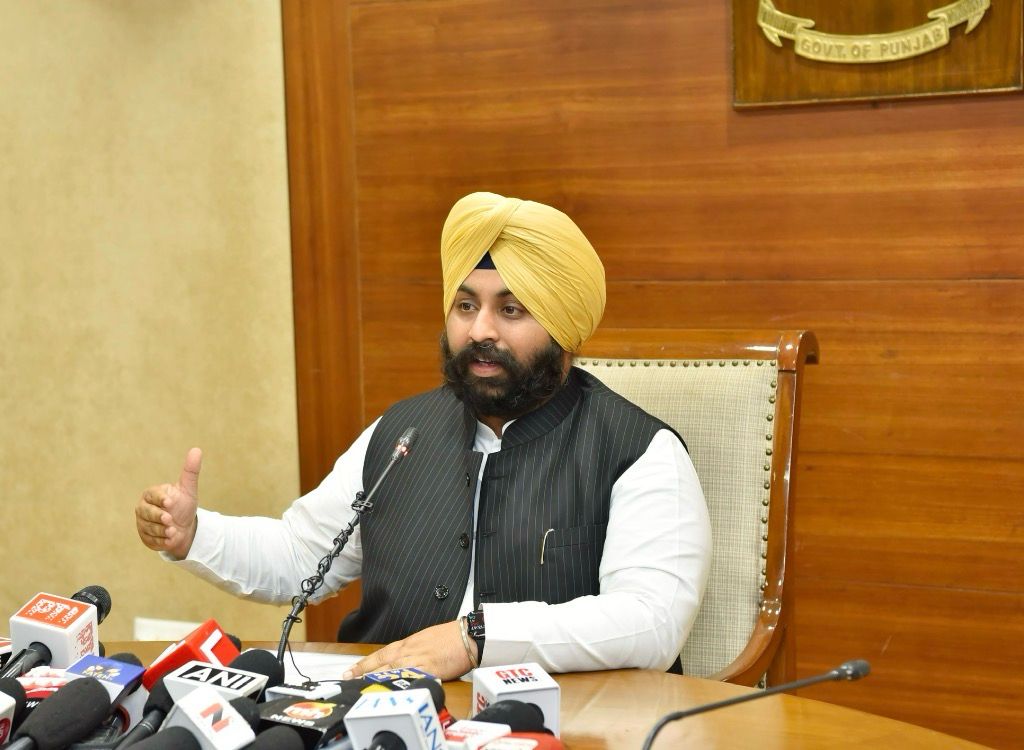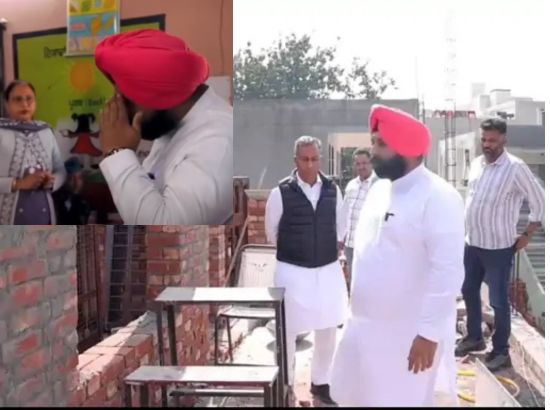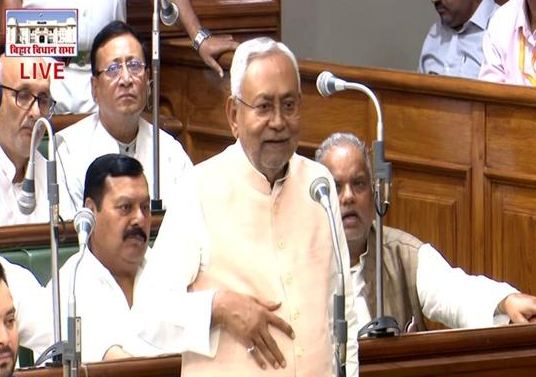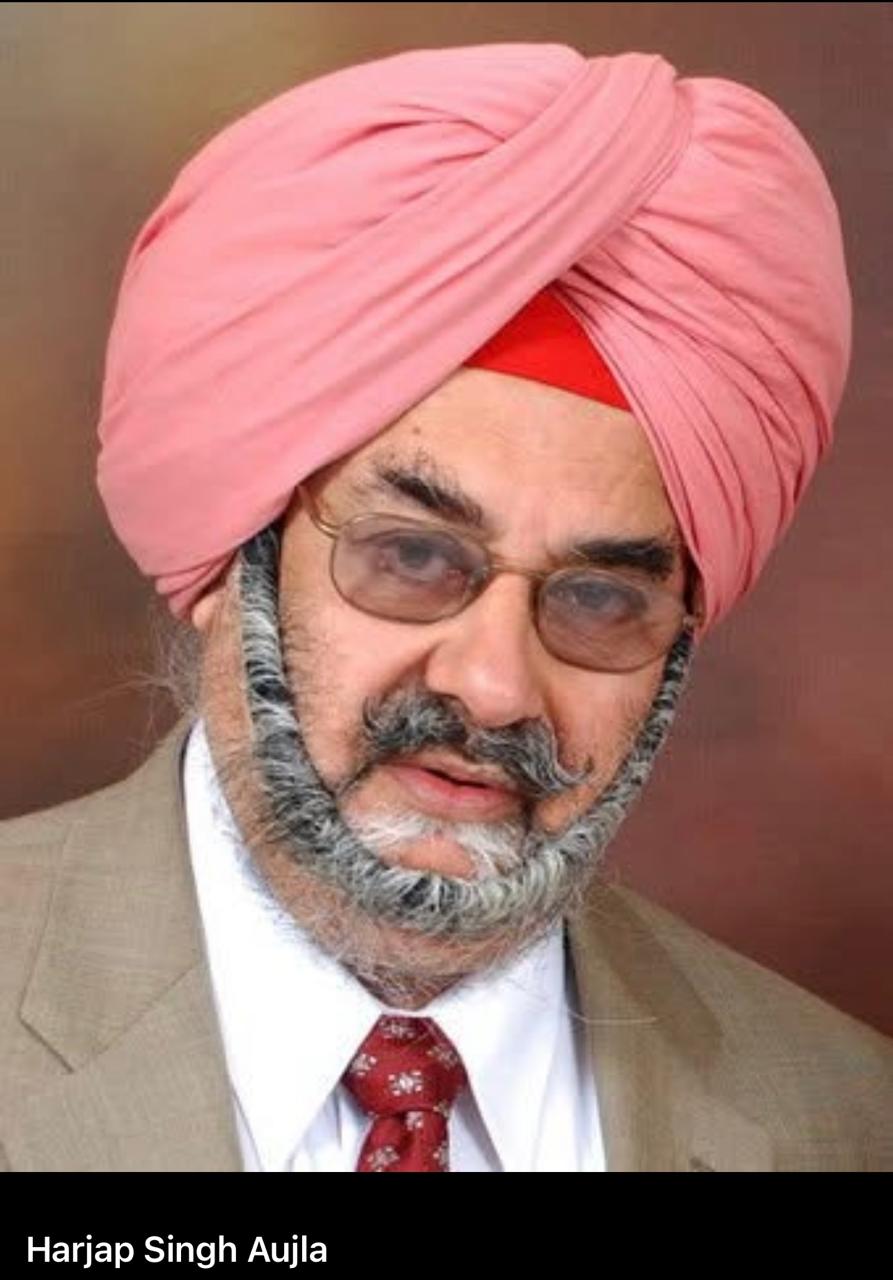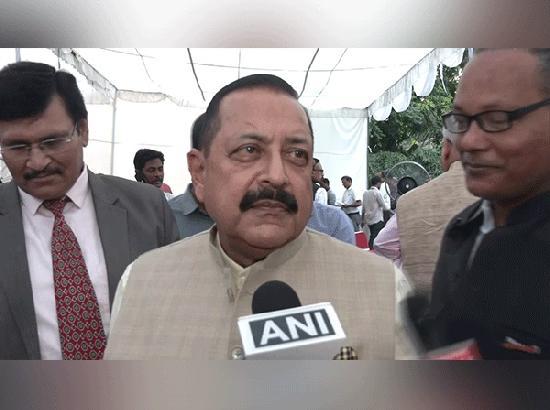SC sends notice to Centre, Ladakh Admn on petition of Sonam Wangchuk’s wife Angmo against detention

Fact News Service
Chandigarh, October 6:
The Supreme Court of India on Monday issued a notice to the Central Government and the Union Territory Administration of Ladakh in a writ petition filed by Gitanjali Angmo, the wife of prominent Ladakhi social activist and education reformer Sonam Wangchuk, challenging his preventive detention under the National Security Act (NSA), 1980.
A bench comprising Justice Aravind Kumar and Justice NV Anjaria heard the matter and stated that the petition will be taken up for further hearing on Tuesday, October 14.
The petition arises from the recent detention of Sonam Wangchuk by Ladakh authorities under the stringent NSA, a law that allows preventive detention of individuals perceived as threats to national security or public order. The detention came in the wake of violent clashes that broke out in parts of Ladakh during protests organized by local groups demanding constitutional safeguards, statehood, and Sixth Schedule status for the region.
Wangchuk, known globally for his role in education reform and environmental activism in the Himalayan region, has been at the forefront of these movements, consistently calling for the protection of Ladakh’s fragile ecology, tribal rights, and unique cultural identity. His detention sparked outrage across civil society and drew criticism from rights activists, intellectuals, and political leaders who called it an attack on peaceful democratic dissent.
In her plea, Gitanjali Angmo has questioned the legality and necessity of detaining her husband under a law as severe as the NSA, particularly given his long-standing commitment to non-violence and constructive public engagement. The petition alleges that Wangchuk’s detention is a “clear case of abuse of power” aimed at silencing a peaceful voice demanding justice and democratic rights for the people of Ladakh.
Angmo’s petition seeks the immediate release of Wangchuk, terming the detention arbitrary, unconstitutional, and violative of his fundamental rights under Articles 14, 19, and 21 of the Indian Constitution, which guarantee equality before law, freedom of speech, and protection of life and personal liberty, respectively.
She has also urged the court to examine the broader pattern of alleged crackdown on peaceful protests and environmental activism in the region.
Taking cognizance of the petition, the Supreme Court bench issued formal notice to both the Union Government and the Ladakh Administration, directing them to respond to the allegations and justify the grounds for Wangchuk’s detention under the NSA.
The court’s decision to hear the matter signals judicial concern over the use of preventive detention laws against civil society activists and may have wider implications for the handling of dissent in sensitive regions like Ladakh.
Wangchuk’s detention has already sparked nationwide debates about the limits of state power and the shrinking space for democratic expression. Several environmental groups, student bodies, and rights organizations have staged demonstrations in support of Wangchuk, demanding his release.
International observers, including human rights watchdogs, have also reportedly expressed concern over the detention, citing Wangchuk’s international reputation, including being the inspiration behind the character of Phunsukh Wangdu in the Bollywood film 3 Idiots, and his receipt of various global environmental awards.
The case is now scheduled for a detailed hearing on October 14, where the responses from the Centre and the Ladakh administration will be closely scrutinized by the court.
As the legal battle unfolds, all eyes will be on the Supreme Court’s stance on the balance between national security and constitutional freedoms, especially in the context of sensitive border regions like Ladakh.



